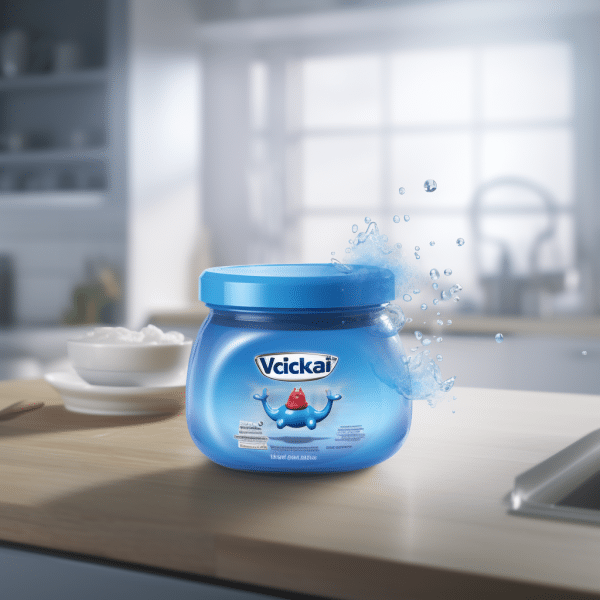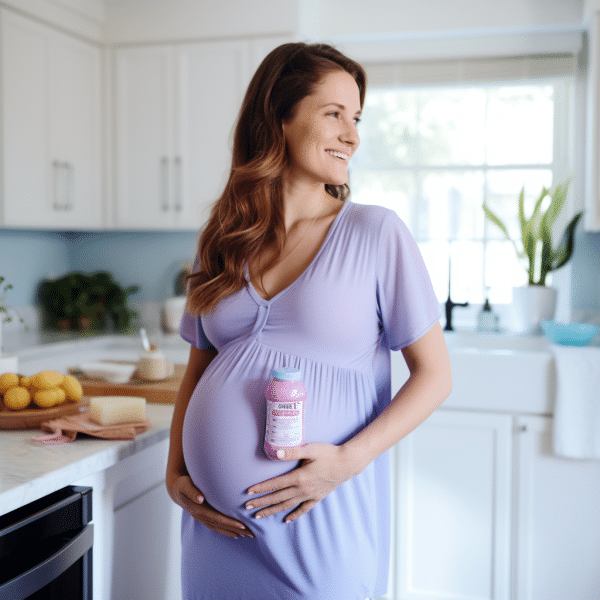Protecting Your Unborn Baby: Pressure and Precautions
Pressure on unborn baby: A pregnant mother, especially a first-time mom, will keep on worrying about how to protect her unborn child from lurking danger. Whether pressure can hurt an unborn baby or not depends on the amount applied and the semester of your pregnancy.
Abdominal contacts such as a kick by a pet, a hug from your child, or a tap on your belly will not hurt you, while trauma such as road accidents could harm your unborn baby. However, you should not be so worried; your child is generally safe if you are cautious.
In this article, we look at how pressure can affect an unborn baby during different semesters and the precautions you should take while pregnant.

How Your Baby Is Protected In The Belly
Your belly is designed to protect your young ones as they develop there. It contains amniotic fluid where the fetus floats in the amniotic sac.
The uterus and abdominal muscles also play a pivotal role in protecting an unborn child. The spine, rib cage, and pelvis are barriers for your unborn baby, offering them protection. During the first two trimesters, the baby is well secured.
However, in the third semester, the bump becomes bigger, reducing the wall of protection. As the pregnancy grows, the center of gravity is compromised, and loose joints and ligaments could make you trip or slip easily, causing pressure on the belly.
First Trimester
During the first three months of your pregnancy, the fetus is quite tiny and well protected by the amniotic fluid, uterus, and abdominal muscles. During these months, it is virtually impossible to hurt the baby when there is pressure on the belly unless it is so severe.
You can safely lie on your stomach as the baby bump is not large, do household chores, and engage in many, if not all, sex positions.
However, if you are involved in a road crash or notice any vaginal bleeding after abdominal contact, you should seek medical advice.
Second Trimester
The second trimester is when the bump starts showing, but you are still comfortable running your daily errands. A reasonable amount of pressure on the belly during these months might not hurt your baby.
Hugs, pats, slight slips, and even your pet leaning on your baby bump will not harm your baby. However, as the baby bump gets big, you should avoid any activity that could exert much pressure on the belly.
Remember, as the baby grows bigger, it gets closer to the surface and thus can be hurt easily in case of excess pressure or trauma.
Third Trimester
At this point, the baby bump is big and you might have started becoming uncomfortable while doing simple chores. Your sleeping styles change, you find it hard to bend, and your sex positions get limited as the bump gets bigger.
Pressure on the belly in the last three months of pregnancy could cause placental abruption, a condition where the placenta detaches from the inner wall of the uterus before birth.
In cases where doctors can’t manage to restore the placenta, it leads to preterm delivery. Some of the signs of placenta abruption include; vaginal bleeding, contractions, and abdominal and back pains.
How To Protect Yourself During Pregnancy
Every mother should take care of herself and the unborn baby. It is easier to take care of pregnancy in the first trimester than in the second and third trimesters. Some tips that can help you protect your unborn baby from harm include;
- Avoid high-risk exercises and sports such as gymnastics, horse riding, cycling, snowboarding, treadmill, yoga, and ice skating.
- Avoid lifting heavy items. Excess weight might hurt your back, and when placing an item on high surfaces, it could hit your belly and harm the baby.
- Avoid engaging in extreme sex styles and lying on your stomach in the third trimester, it may not hurt the baby, but you will be quite uncomfortable.
- Wear comfortable clothes and shoes. Where possible, avoid high heels and tight-fitting clothes.
- Avoid walking on grounds such as ice, stony paths, uneven terrains, and slippery floors.
- Wear your seat belt below the bump. Avoid running the safety belt across the belly. In case of a crash, it could exert excess pressure on the baby, hurting it.
- When walking downstairs, hold onto the rails.
- Avoid walking briskly or running. Take small steps.
Safe Activities During Pregnancy
Your body is not fragile, and the uterus is a strong muscle that protects your unborn baby. You could engage in safe activities that could have minor pressure on the belly but are safe for your baby. Some of such safe activities include; hugs from your little ones, a tap on the baby bump by your spouse, your pet leaning on the belly, and household and backyard chores.

When To See A Doctor
You could be very careful, but accidents happen once in a while when you are pregnant. Minor pressure on the belly may not harm the baby, but excess pressure could hurt it. If you notice any of these signs after a fall, you should seek medical attention;
- Vaginal bleeding or bloody discharge.
- Consistent abdominal pains or cramping.
- Frequent contractions before 37 weeks.
- Decreased fetal movements when at rest.
- If your water breaks before thirty-seven weeks.
- Fetal distress which is characterized by slower or unusual heart rates or patterns.
- Any other abnormal pains, aches, or discomforts that occur after exerting pressure on the belly.
- If you have had an abdominal trauma such as a road accident or fall, with or without any symptoms.
Minor pressure on the belly does not harm your baby. However, trauma, especially in the third trimester, could harm the unborn baby. If you notice any abnormal aches, pains, discomfort, or decreased fetal movements, seek medical advice.





